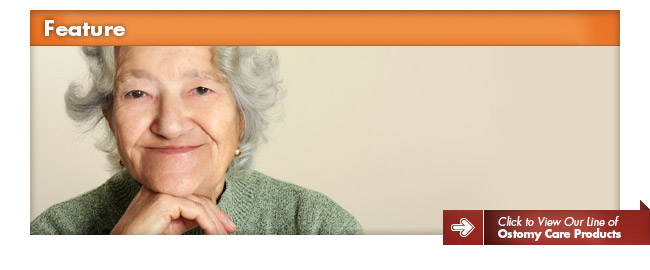| Understanding Ostomy Surgeries
Ostomy surgery is performed when, for medical reasons, a person is not able to urinate or move their bowels normally. While these surgeries can ultimately help residents live more independent lives and enjoy improved health, they can also be daunting. It's crucial that caregivers at your facility understand the different types of ostomy surgery and how to provide optimal care to affected residents.
During ostomy surgery, an opening called a stoma is created in the abdomen. Depending on the situation, a stoma can be either temporary or permanent. There are three primary types of ostomy surgery: colostomy, ileostomy and urostomy.
A colostomy is created out of the end of the large intestine, or colon. Colostomies divert waste from the digestive system. People who have had colostomy surgery pass waste through a stoma on the abdomen, the location of which is determined by which part of the colon is damaged.
During an ileostomy surgery, a stoma is created in the small intestine, or ileum. Because the ileum contains digestive enzymes and acids, extra care needs to be taken to protect the skin from irritation. People who undergo colostomy or ileostomy surgery will need to use collection pouches following the procedure because they will no longer have voluntary control of their bowel movements.
Urostomy surgery helps urine flow from the body after a diseased or damaged portion of the urinary tract is removed. Following the surgery, a pouch or collection device collects urine as it is produced. These devices have a drainage tap on the bottom of them that allows urine to be emptied throughout the day.
Professional Medical's exclusive Compliance Continuing Education program offers a number of courses to help your staff understand ostomy care, including product selection, skin management and caring for the resident post-surgery. To learn more about this program, which covers more than 20 wide-ranging categories and is appropriate for the majority of your nursing staff, contact your ProMed Territory Manager, give us a call at (800) 648-5190 or visit us online at promedsupply.com.
| |









